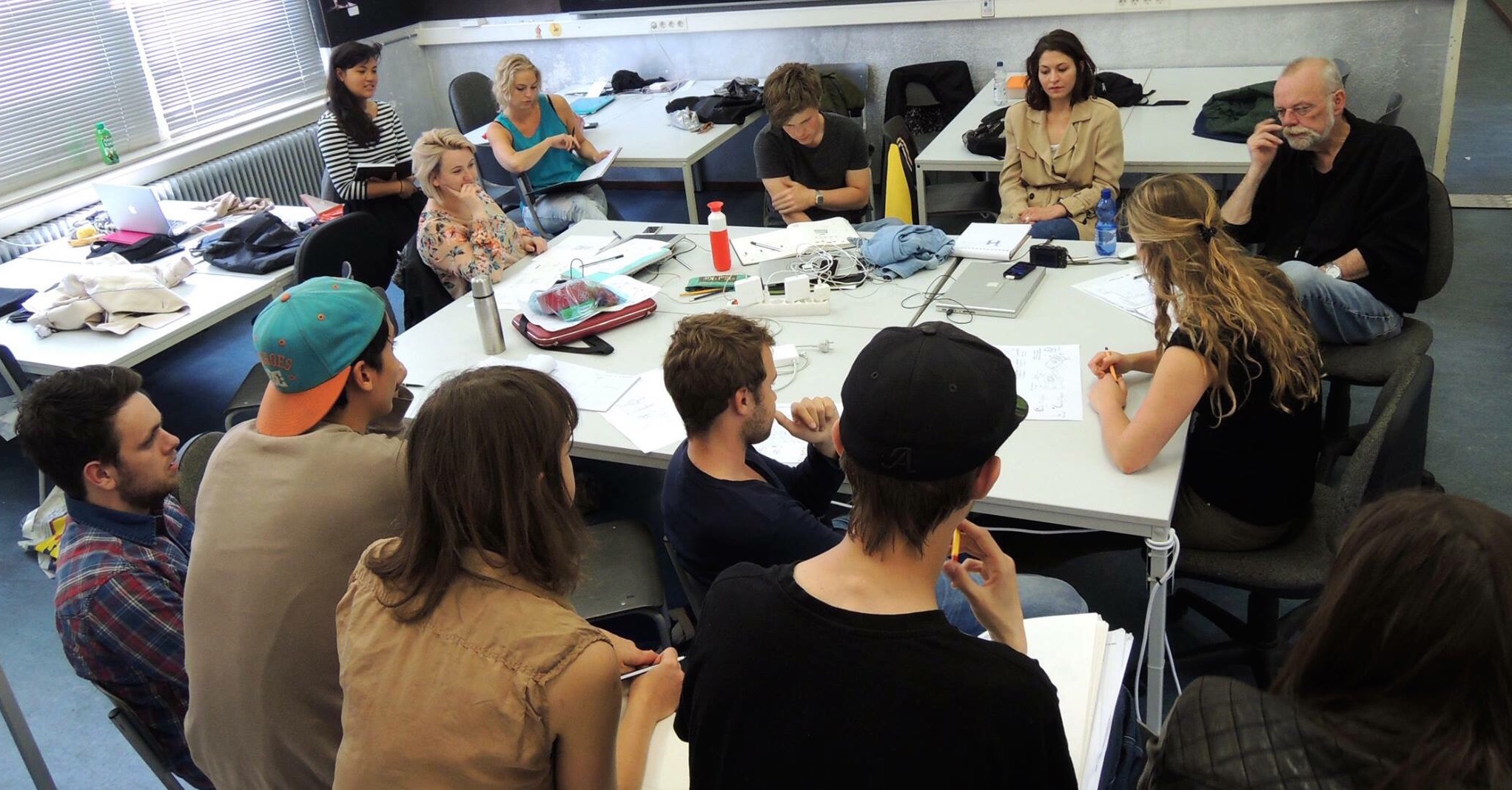Lessons from the Friday Institute’s Research-to-Practice Partnership Symposium
On November 1, Kalyn McDonough and I attended the Friday Institute for Educational Innovation’s Research-to-Practice Partnership (RPP) Symposium. Housed at North Carolina State University, the Friday Institute is a nonprofit organization that conducts research, develops educational resources, and advocates to improve teaching and learning grounded in the research they produce. The purpose of the RPP symposium was to discuss the growth of RPP’s in the Research Triangle (Raleigh, Durham, and Chapel Hill), to present research that has and is being conducted through those partnerships, and to facilitate connections between researchers and districts interested in engaging in RPP’s. We attended the event to gain insight into the work of RPP’s and to use that information to inform our work.
R4S is focused on understanding and ultimately facilitating the link between research and practice in education. The Friday Institute Symposium shed light on the role of RPP’s in developing connections between research and practice. One of the first conclusions drawn about RPP’s is that they have the capacity to influence decision-making in districts. A related goal of research-to-practice partnerships is to improve the capacity of districts to conduct research, with the intent being that the findings will inform decisions made at the district level. In some cases, the RPP’s present at the symposium had been successful moving research into practice. In others however, that same success had not been realized. Members of the RPP’s that were successful moving research into practice discussed how they had been deliberate in developing a balanced partnership; one in which all voices had a say in the research agenda. Additionally, the more successful RPP’s had a clearly delineated plan of action for how they would use the research to inform practice. Lastly, they involved numerous stakeholders in all relevant aspects of the research and decision-making process, which they stated increased buy-in and facilitated the institutionalization of the RPP in the district.
For example, at East Carolina University, Dr. Militello described the work of their RPP as “not working for the community, but working with the community”. The community model that Dr. Militello described focused on bringing in knowledge from all stakeholders; using that knowledge to develop an agenda that would directly address an issue that was relevant to the school or district. Additionally, doctoral students were embedded in the district as part of their doctoral program, being given physical space at headquarters which further facilitated the institutionalization of the RPP. Those students were trained in conducting action-research so that when they did enter the field as administrators, they would have a grounding in using research to inform district and school efforts. Lastly, there was a belief on the part of many RPP directors that exposing doctoral students to action-research, and providing them with the tools to conduct high-quality research would have a positive impact on the culture of the organizations around using research to inform decision-making.
The Wake County Public School System (WCPSS) has also worked with university researchers to re-evaluate the effectiveness of long-standing programs. For example, the WCPSS has career academies that high school students can enroll in. These academies aim to build bridges to career readiness and postsecondary education by including a work-based learning component and providing non-academic support. University researchers designed and conducted a study in collaboration with the WCPSS, finding that the effect of enrolling in the career academies increased the likelihood of on-time graduation by 8%. Though this study was not the result of a formal RPP, panel members stated that research partnerships of this nature are increasingly becoming a norm in the WCPSS.
The research-to-practice partnership is a relatively new type of organization whose overarching purpose is to create better linkages between research and practice. Our visit to the Friday Institute gave us a glimpse into the roles that research-to-practice partnerships play in facilitating the linkage between research and practice. We found that there is a wide-variety in RPP activities. In some cases, RPP’s had been designed to become institutionalized organizations and had been successful in their efforts. Those organizations now play a role in decision-making through conducting original research but also through acting as brokers of information, translating and sharing research findings on pressing issues. This, however, represented the ideal type as many of the partnerships had not yet begun to inform district and school decisions in a substantive way.
Moving forward, we support RPPs in their efforts to create linkages between researchers and practitioners. Research-to-practice partnerships are uniquely situated to act as brokers between practitioners and researchers, to bring them together in the same space to discuss issues, craft agendas and work jointly to improve the quality of education.
Our visit to the Friday Institute showed us that there is wide variation in the roles that RPP’s play. We believe that it is important to study and share results of RPP’s as their work continues to evolve, and as new research-to-practice partnerships in order to better understand and influence the impact they have on facilitating connections between research and practice.
Related Links:
Harvard University Strategic Data Project

Published by